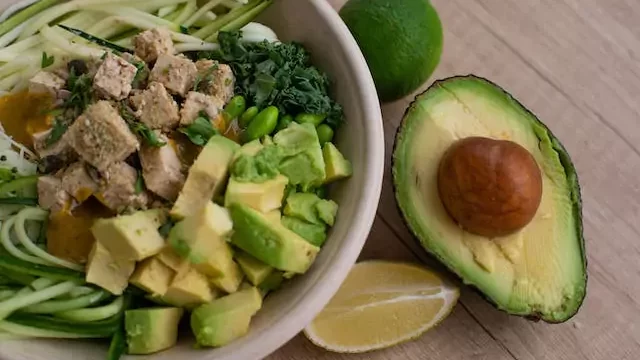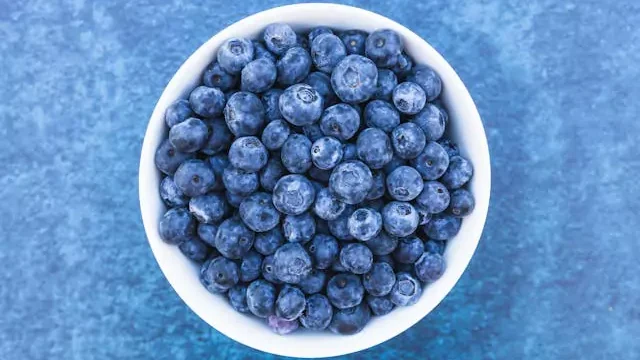Avocados, the creamy, green fruits native to Central America and Mexico, have gained immense popularity in recent years for their exceptional nutritional profile and wide range of health benefits. Often referred to as “nature’s superfood,” avocados are packed with essential nutrients that can significantly enhance your fitness, nutrition, and overall health.
Related: Best Fruits for Pre and Post Workout

A Nutritional Powerhouse
Avocados are a rich source of healthy fats, primarily monounsaturated fats, which play a crucial role in maintaining heart health and supporting weight management. They are also abundant in fiber, which promotes digestive health, keeps you feeling fuller for longer, and aids in blood sugar regulation. Additionally, avocados are an excellent source of vitamins and minerals, including potassium, vitamin C, vitamin E, folate, and magnesium.
Fitness Benefits
For fitness enthusiasts, avocados offer a range of benefits that can support their training goals and enhance their overall performance.
Muscle Recovery and Repair: Avocados contain antioxidants and anti-inflammatory compounds that help reduce muscle soreness and promote muscle recovery after exercise.
Enhanced Energy Levels: Healthy fats in avocados provide a sustained source of energy, helping you power through workouts and maintain endurance.
Improved Nutrient Absorption: Avocados can enhance the absorption of fat-soluble nutrients, such as carotenoids, which are essential for muscle function and overall health.
Nutrition Benefits
Avocados are a versatile addition to a balanced diet, offering a wealth of nutritional benefits that support overall well-being.
Heart Health: Monounsaturated fats in avocados help lower LDL (bad) cholesterol and raise HDL (good) cholesterol, reducing the risk of heart disease.
Weight Management: Avocados’ high fiber content promotes satiety, helping you control hunger and manage calorie intake, which can aid in weight management.
Digestive Health: Fiber in avocados helps regulate bowel movements, prevents constipation, and promotes a healthy gut microbiome.
Antioxidant Protection: Avocados are rich in antioxidants, which protect cells from damage caused by free radicals and may reduce the risk of chronic diseases.
Incorporating Avocados into Your Diet
Avocados are incredibly versatile and can be enjoyed in various ways. Here are some ideas to incorporate avocados into your diet:
Breakfast: Top your toast with mashed avocado and a sprinkle of salt and pepper.
Snacks: Enjoy avocado slices with a drizzle of balsamic vinegar or lemon juice.
Smoothies: Add avocados to smoothies for a creamy texture and boost of nutrients.
Salads: Add avocado chunks to salads for a satisfying and nutritious addition.
Dips: Make guacamole, a delicious and healthy dip for chips or vegetables.

Conclusion
Avocados are more than just a delicious fruit; they are a nutritional powerhouse that can significantly enhance your fitness, nutrition, and overall health. With their rich nutrient profile and wide range of benefits, avocados are a valuable addition to any diet. Embrace the versatility of avocados and reap the rewards of nature’s superfood.
FAQs
How often should I eat avocados?
A moderate intake of avocados is recommended. Enjoy one-half to one whole avocado daily as part of a balanced diet.
Are avocados high in calories?
Avocados are higher in calories than some other fruits, but their healthy fats and fiber can help promote satiety and manage calorie intake.
Can avocados help me lose weight?
Avocados can be part of a weight management plan due to their high fiber content and satiating effect. However, overall calorie intake and physical activity remain crucial for weight loss.
Are there any risks associated with eating avocados?
Avocados are generally safe for most people. However, individuals with latex allergies may experience allergic reactions to avocados




